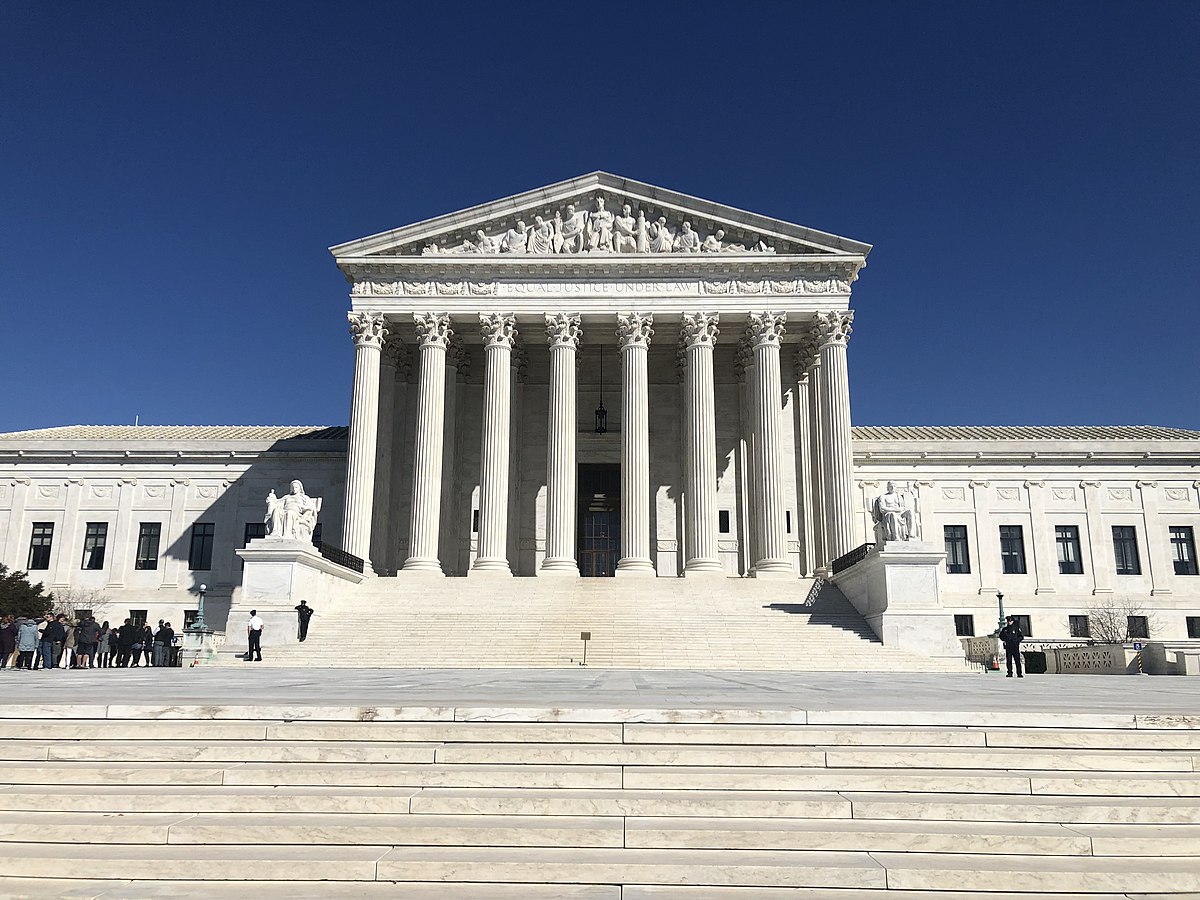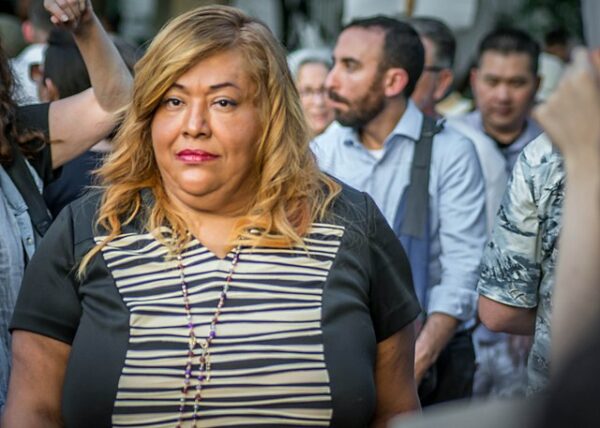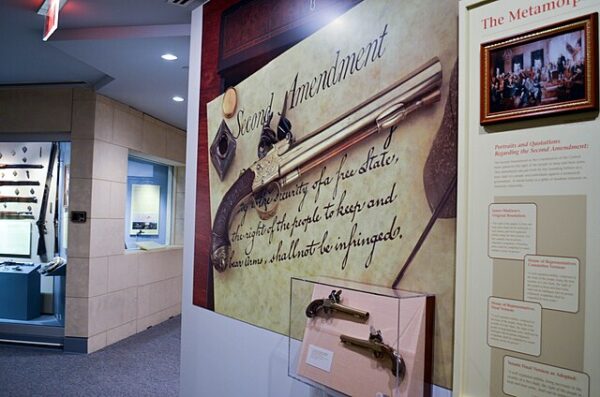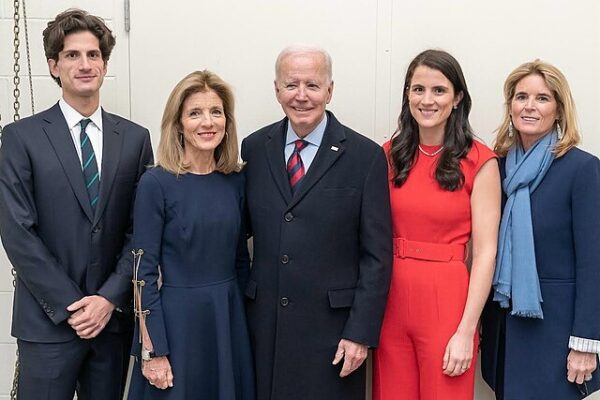The Supreme Court could be on the verge of reshaping religious liberty, taking up cases that will protect those who believe in God.
The Washington Examiner writes that the Becket Fund for Religious Liberty, an organization that represents individuals and groups from diverse religious backgrounds facing legal battles over their beliefs, has petitioned the Court to take on a handful of courts that could have major consequences.
One of the most notable of these petitions is Mahmoud v. Taylor, which involves a group of religious parents, including Muslims, Christians, and Jews, fighting for the right to be informed about and opt their children out of reading books in elementary schools that conflict with their religious beliefs. The case stems from Montgomery County, Maryland, where the school board withdrew its opt-out policy for books related to gender and sexuality, prompting the parents to sue.
The Mahmoud petition comes as school districts across the country embraced more LGBT curricula despite parental objections to these programs.
“The plaintiffs were clear that they are not trying to change the curriculum,” Mark Rienzi, CEO of the Becket Fund, said in a Sept. 4 press call about the lawsuit against the Maryland county’s curriculum.
“They’re not trying to remove books from the classroom. They’re not saying the government can’t decide to teach this stuff, but they are saying that the government does have to let parents know when it’s going to give them this kind of indoctrination on sex and gender,” Rienzi said, noting the so-called Pride Curriculum teaches students as young as 3 and 4 years old about gender ideology.
The Becket Fund isn’t going to stop there, either. The newspaper detailed four other cases hoping to get reviewed this fall.
Landor v. Louisiana: A Rastafarian man is seeking compensation after prison officials forcibly shaved his religious dreadlocks despite the protections of the Religious Land Use and Institutionalized Persons Act.
Apache Stronghold v. United States: Native American plaintiffs from Arizona are seeking to protect their sacred Oak Flat site from destruction by a foreign-owned mining company.
Diocese of Albany v. Harris: Religious ministries are challenging a New York law requiring abortion coverage in health plans, arguing the requirement violates their religious beliefs.
Moody Bible Institute v. Garrick: The Moody Bible Institute in Chicago seeks to defend its policy requiring faculty to adhere to core religious beliefs, including the prohibition of women in certain church leadership roles.
The justices have demonstrated a keen interest in protecting religious liberty over the past few years and have often ruled in favor of religious freedom. Some of the most notable decisions include supporting a public school football coach who prayed at midfield and siding with a former U.S. Postal Service worker who faced opposition from his employer due to his refusal to work on Sundays for religious reasons.
[Read More: National Security Leaders Say We’re At Risk]










